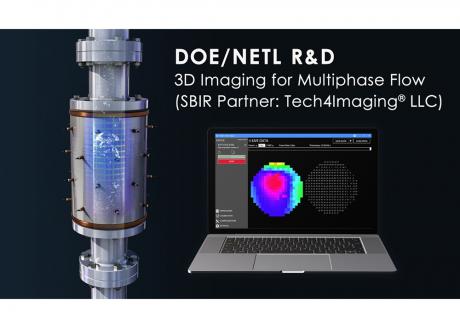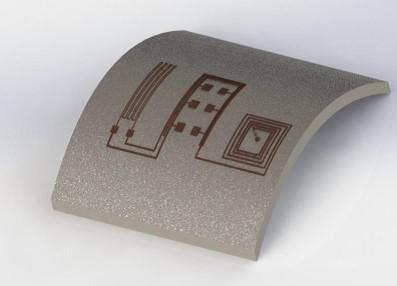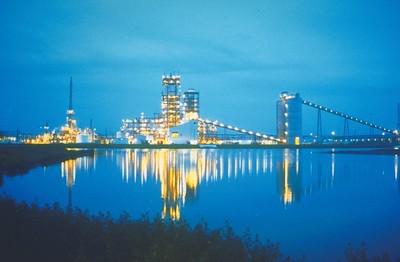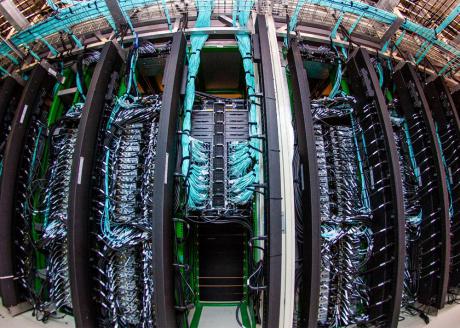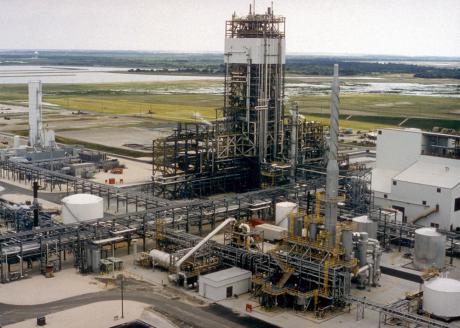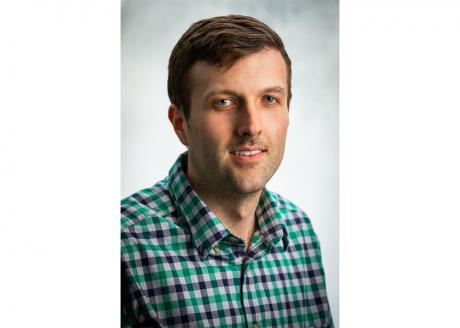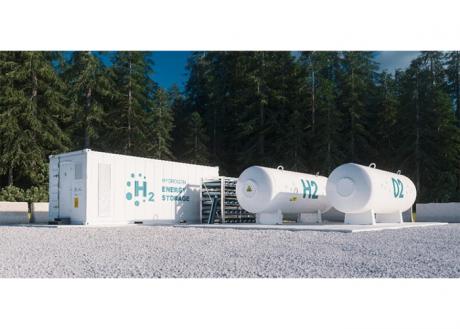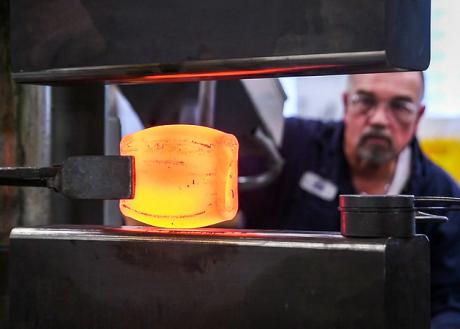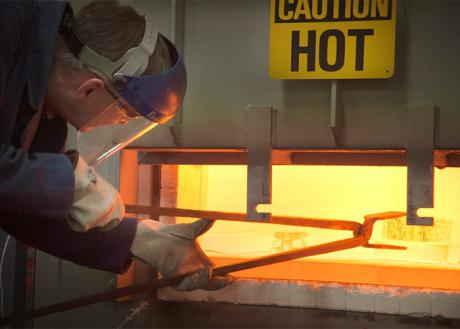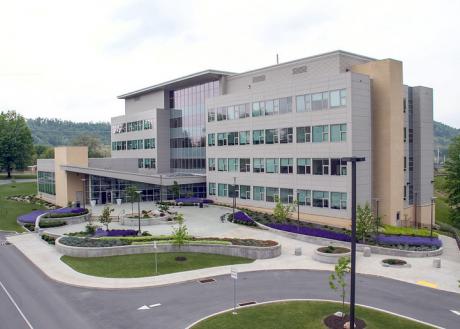With support from the U.S. Department of Energy’s (DOE) National Energy Technology Laboratory (NETL), Ohio-based engineering and research firm Tech4Imaging LLC recently wrapped up two successful projects resulting in the development of a noninvasive, 3D imaging sensor technology for multiphase flows in advanced energy applications. This multi-year partnership highlighted the value of an industry-government collaboration that resulted in commercialization of the sensor technology while enriching the scientific knowledge base, advancing the education of several university students and creating jobs.
“The Department of Energy and NETL were critical to the success of these projects,” Tech4Imaging CEO and President Qussai Marashdeh said. “With guidance and financial support from NETL, we’ve gone from a design phase to building and testing our sensor systems in commercial-scale applications. Additionally, our company has grown from just one employee to 13.”
About
News and Events
Research and Programs
Featured Initiatives Advanced Alloys Signature Center (AASC) Center for Fuels and Chemicals (CFC) Center for Microwave Chemistry (CMC) Coal for High-Value Products Critical Minerals and Materials Natural Gas Science-based Artificial Intelligence and Machine Learning Institute (SAMI) Subsurface Science Turbine System Optimization
Major Fossil Energy Programs Carbon Management Resource Sustainability
Core Competencies Computational Science and Engineering Energy Conversion Engineering Geological and Environmental Systems Materials Engineering and Manufacturing Strategic Systems Analysis and Engineering Program Execution and Integration
Core Competencies Computational Science and Engineering Energy Conversion Engineering Geological and Environmental Systems Materials Engineering and Manufacturing Strategic Systems Analysis and Engineering Program Execution and Integration
Energy Technology Development Office of Energy Efficiency and Renewable Energy Battery Workforce Initiative Cybersecurity, Energy Security, and Emergency Response Office of Electricity
University Training & Research Historically Black Colleges and Universities and Minority Serving Institutions Program University Carbon Research Program
University Training & Research Historically Black Colleges and Universities and Minority Serving Institutions Program University Carbon Research Program
Business
Library
Explore our Library

Approved Categorical Exclusions Environmental Assessments Environmental Impact Statements Oil and Gas Projects Summaries NETL Fact Sheets Publication Search Energy Data Exchange (EDX) FECM External R&D Final Technical Reports Project Landing Page Summary Information for External R&D Awards NETL R&D Publication Search Peer Review Reports
- Research and Programs
- Featured Initiatives
- Core Competencies
- Core Competencies
- Energy Technology Development
- University Training & Research
-
- Business
- Technology Transfer
-
- Library
- Energy Analysis
-
- About
- News and Events
- Education



